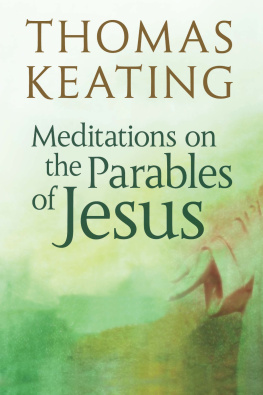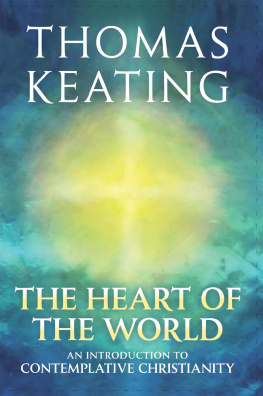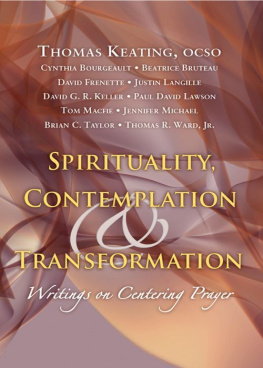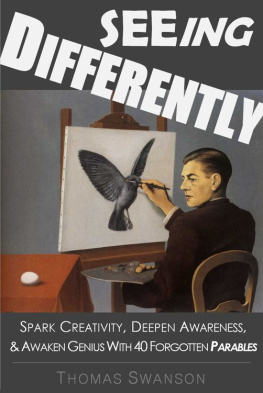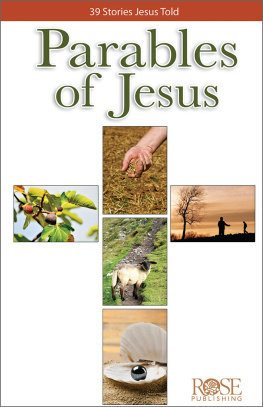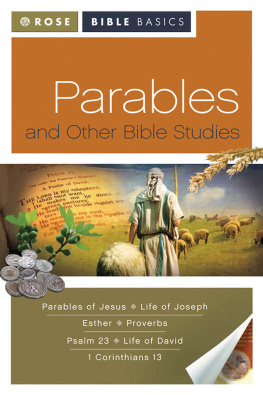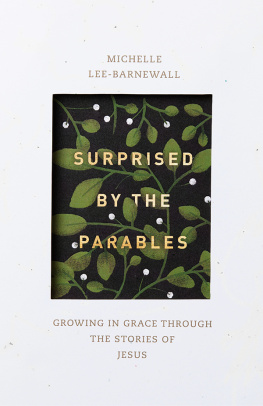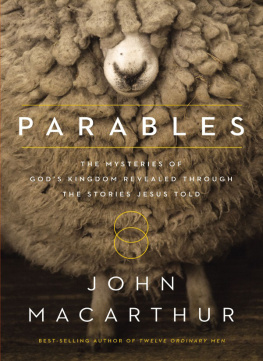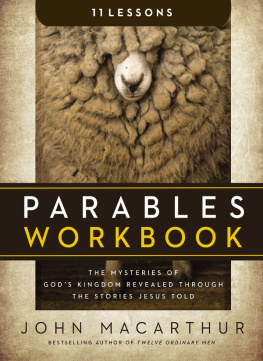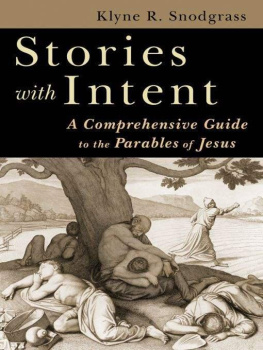OTHER BOOKS BY THOMAS KEATING
Journey to the Center
The Heart of the World:
An Introduction to Contemplative Christianity
Intimacy with God:
An Introduction to Centering Prayer
Crisis of Faith, Crisis of Love
Open Mind, Open Heart
The Mystery of Christ:
The Liturgy as Spiritual Experience
Invitation to Love:
The Way of Christian Contemplation
Awakenings
Reawakenings
The Kingdom of God Is Like
The Fruits and Gifts of the Spirit
Manifesting God
The Human Condition:
Contemplation and Transformation
The Better Part: Stages of Contemplative Living

The Crossroad Publishing Company
www.crossroadPublishing.com
First printing, 2010, in the United States of America. Compilation 2010 by The Crossroad Publishing Company. All material first published in the U.S.A. by The Crossroad Publishing Company. represents a continuation of the copyright page.
Crossroad and the crossed C logo / colophon are registered trademarks of The Crossroad Publishing Company.
All rights reserved. No part of this book may be reproduced, stored in a retrieval system, or transmitted, in any form or by any means, electronic, mechanical, photocopying, recording, or otherwise, without the written permission of The Crossroad Publishing Company. For permissions, please email rights@crossroadpublishing.com.
In continuation of our 200-year tradition of independent publishing, The Crossroad Publishing Company proudly offers a variety of books with strong, original voices and diverse perspectives. The viewpoints expressed in our books are not necessarily those of The Crossroad Publishing Com-pany, any of its imprints, or of its employees. No claims are made or responsibility assumed for any health or other benefit.
Project Management by
The Crossroad Publishing Company
John N. Jones
For this edition, numerous people have shared their talents and ideas. We thank especially:
Acquisition: The Crossroad Publishing Company
Cover design: Einat Blum
Text Design: Eve Vaterlaus
Editing and proofreading: Sylke Jackson
Concept, idea, development of text and
package, and market positioning by
The Crossroad Publishing Company
Library of Congress Cataloging-in-Publication Data is available from the Library of Congress.
ISBN-13: 978-0-8245-26078 (paper)
EPUB ISBN 978-0-8245-02355
MOBI ISBN 978-0-8245-02508
Books published by The Crossroad Publishing Company may be purchased at special quantity discount rates for classes and institutional use. For information, please email sales@crossroadpublishing.com.
TABLE OF CONTENTS
The sacred has moved to everyday life.
We do not have to wait for an apocalyptic deliverance. The kingdom is available right now.
There is no place to go to find the kingdom because it is always close at hand.
Look for the kingdom in the most unexpected places.
The kingdom of God manifests itself in solidarity with other people, in sympathy with their misfortune, and in unconditional love.
A difficult situation can be a great blessing, an opportunity for God to heal us at the deepest level.
Our ideas of God and the kingdom need to be expanded and to grow continuously.
The God of pure faith is closer than breathing, closer than thinking, closer than choosing, closer than consciousness itself.
True security, independence, and affection were all present in his fathers house.
(The Hidden Treasure, The Pearl, and The Net)
If you find the reign of God, you dont need anything else; it relativizes all other treasures.
The living tradition alone passes on the full Christian life.
Where are you?
Will not God in his goodness provide the help that you need if you keep asking?
The invitation of grace to enter the kingdom goes forth again and again and again.
The treasure of eternal life is given without our seeking it. It is already there.
The kingdom of God is open to everyone.
You are always with me. Everything I have is yours.
God does not set up barriers. We do.
God comes to those who consent to come to God with their lives just as they are.
The exuberance of the Spirit cannot be contained in the old structures.
The Coming of the Kingdom
FOREWORD
A BOUT A YEAR AFTER THE PUBLICATION of my Hear Then the Parable, I received a letter from a young minister in Northern Ireland involved in the peace movement, surely one of the most frustrating ministries around. He wrote that my analysis of the parable of the withered fig tree had spoken to his soul for it so accurately described his situationhe just keeps on manuring, hoping that somehow God will give life.
I wrote back thanking him for the letter, but saying that the credit should go to the parable teller, not the parable critic. The parable, not my exegesis, spoke to his soul. This is not some false humility, for I remember clearly the night I first worked up that section of the book. The parable did not impress me, since I thought it a minor one compared to some of the other ones. Furthermore, I was under some pressure to finish the chapter. I thought I knew Jesus style and techniques as parable teller. As I mulled over the parable, I was struck by the futility of the mans effort, by the use of the term manure (actually more accurately dung), and by the ellipsis, which most translators fill in: If it bears fruit, well , and a shrug of the shoulders. Not much I thought, but typical of Jesus. More typical than I thought, because the stone the builder rejected has become the cornerstone. Im delighted that Father Keating sees in this parable a symbol of the contemplative life.
Father Keatings Meditations on the Parables of Jesus is itself elliptical like the parables. His sermons leave unsaid what should not be spoken and to the hearer the storys remainder. His style of preaching is immensely faithful to the parables, for he does not tell, but listens and joins his audience as co-hearers of the parables. Over and over again, he responds to the parable story with a story, each time leaving us to hear again. Or as Jesus challenged, the one who has ears, had better hear.
Father Keating has four sermons on the parable of the leaven, one of the shortest and one might think least significant parables in the tradition, one on which even the evangelists do not comment. He seizes on the parables radical nature, its unmasking of monumental evil. The parable is a lens on the everyday, exposing the presence of God where we dare not expect it, where we have been trained to ignore it. He sees miracle where it truly is. Not just in a mothers forgiveness of and caring for her sons murderer, but more importantly in the barely perceptible tear in the eye of the sociopath. For him the kingdom is not the bloom of a barren fig tree, but Gods touch is enough.
By turning the parables over and over, Keating allows them to refocus the nonparabolic elements of the Jesus tradition. One might think that Jesus as King would be contrary to the monumental evil, the everydayness of the parables. But Keating shows they are of one piece, that Jesuss abandonment in death is the monumental evil and his resurrection is the mask that hides that abandonment, but exposes the miracle of Gods great love.

